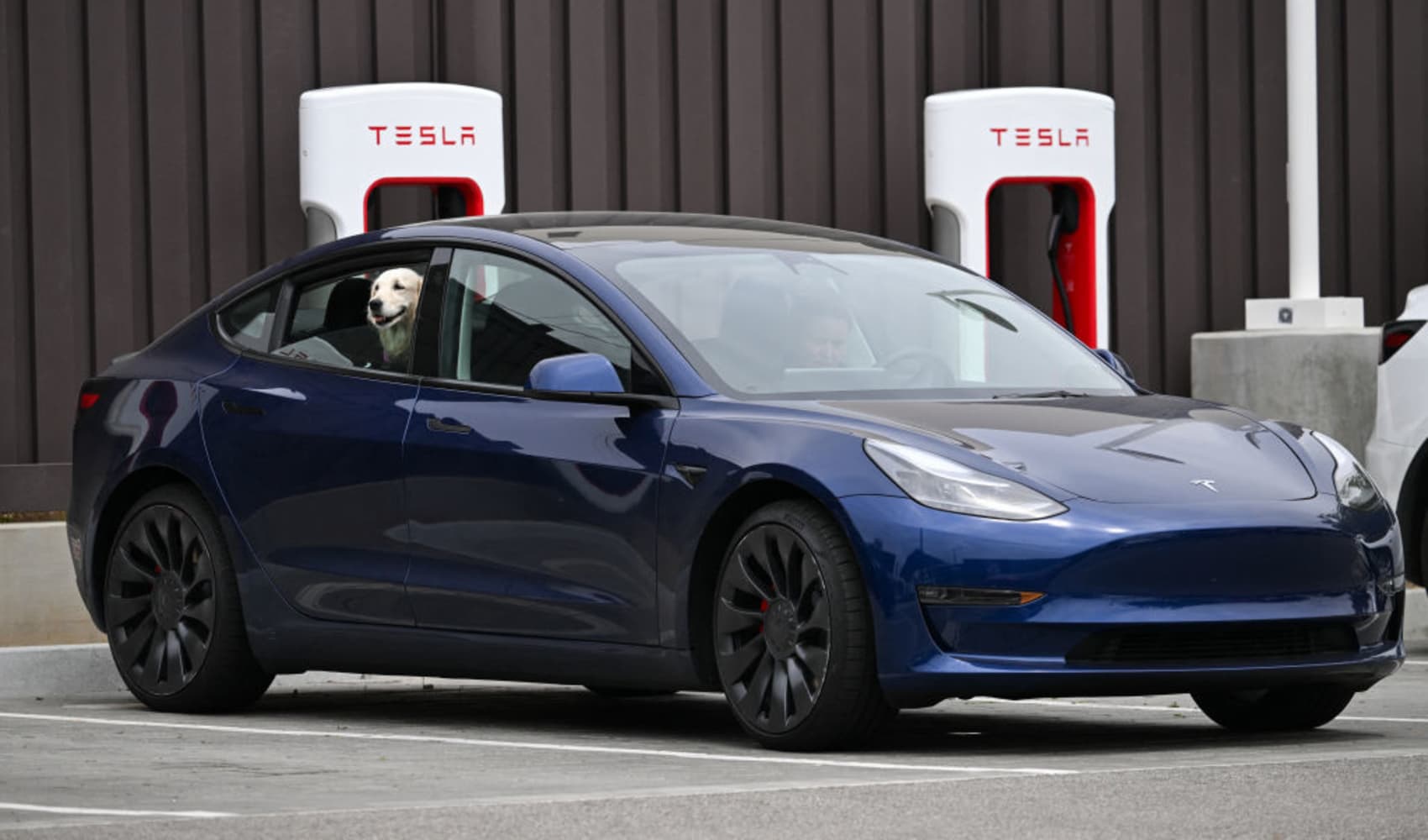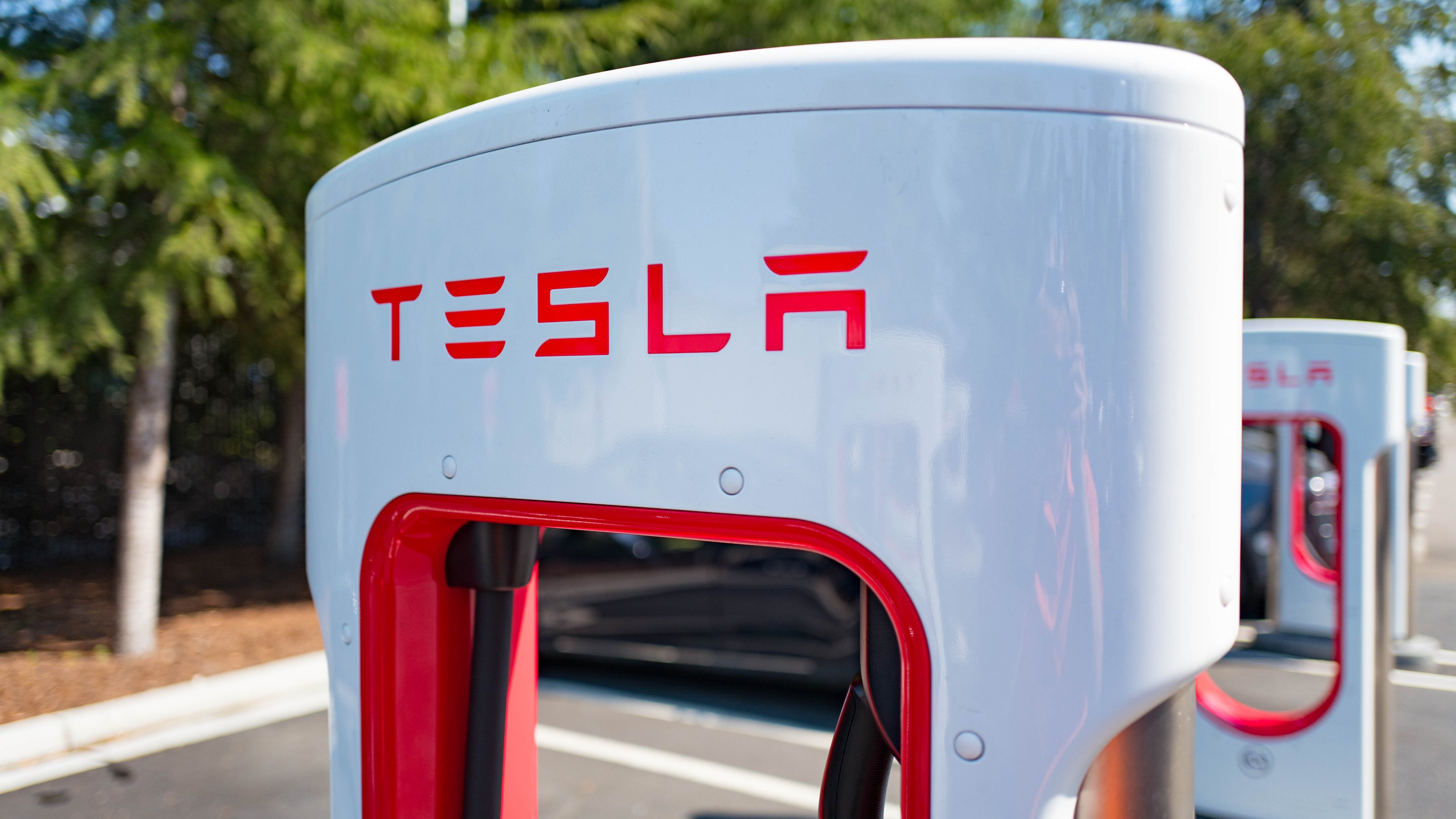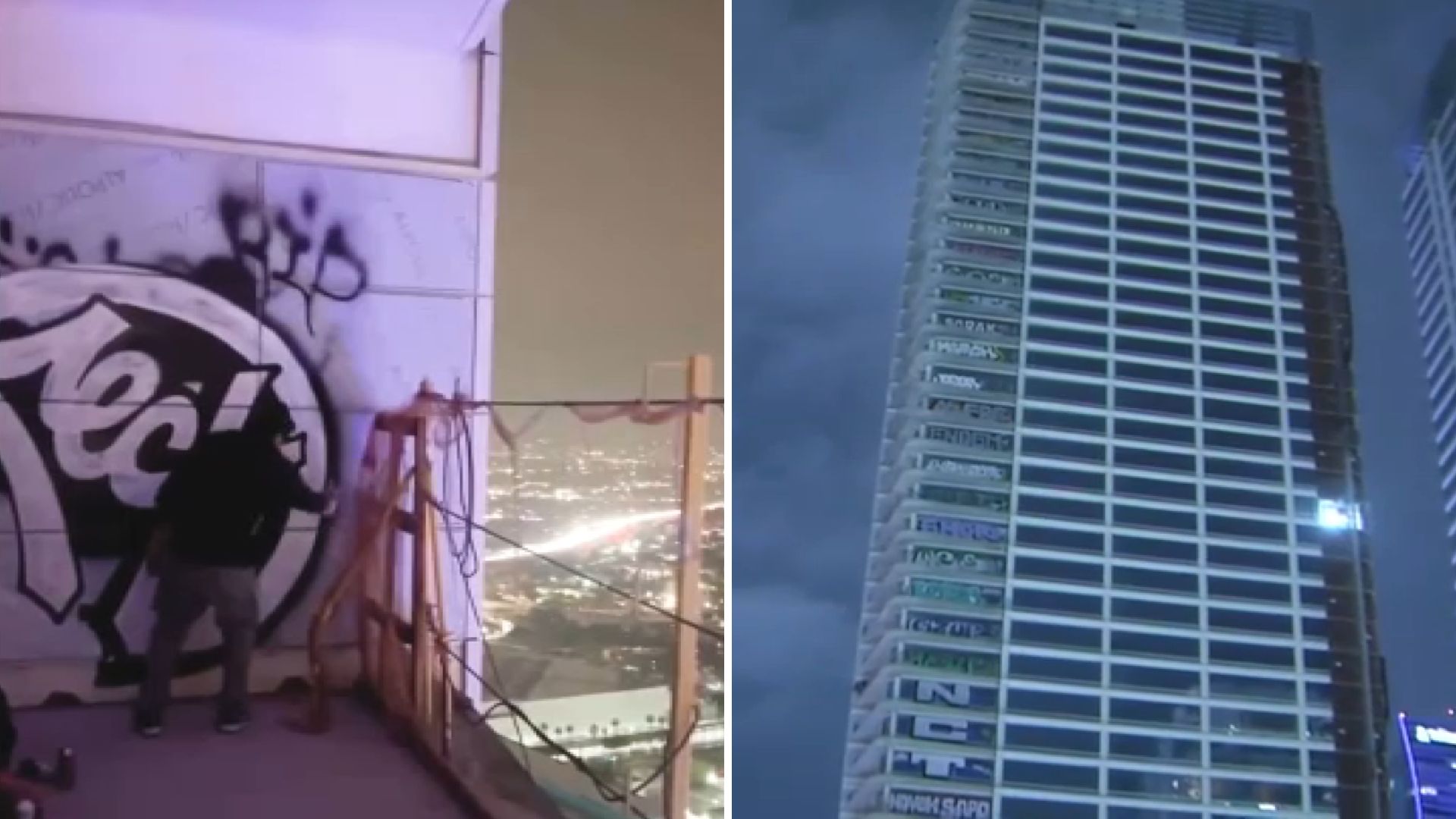Electric vehicle owners tell the NBC 4 I-Team they experience long lines, broken chargers and other problems at electric charging stations across Southern California. The I-Team’s Lolita Lopez reports for the NBC4 News at 6 p.m. on Thursday, July 11, 2024.
During the thick of road trip season, people are driving their electric cars, but many say finding reliable chargers is not easy.
This as California is poised to stop selling new gas-powered vehicles by 2035.
Drivers across Southern California tell the NBC4 I-Team they are constantly negotiating for a place in line or attempting to charge their vehicles away from home and coming across non-working chargers.
“Even early in the morning often, I'll encounter between one to five people waiting in line, and often there will be you know two or three, two to three stations working out of four,” Emily Hampton, who bought her electric vehicle in 2022, said.
Get top local stories in Southern California delivered to you every morning. Sign up for NBC LA's News Headlines newsletter.
Hampson said, while she appreciates the significant drop in her gas and monthly spending, she wishes electric vehicle chargers were more reliable. Hampton, who rents and works from home, does not have access to an at-home charger.
“It seems like they all operate differently and have different levels of reliability,” Hampton added.
Her concerns are shared by other electric vehicle drivers.
“I love the way it drives. There's everything I love about it, but the charging stations are terrible,” Allison Norris Austin said.
"At least here, we're kind of in one line. The other place that I go to -- it's just a hodgepodge in the parking lot. People get into fights sometimes,” Jennifer Kwon, another electric vehicle owner, said.
The state of California tells the NBC4 I-Team the demand for more electric vehicle chargers is high in part because right now about one in four new vehicles sold in California are zero emission vehicles.
Meanwhile, currently there are little more than 105,000 public and shared private electric vehicle chargers.
"We want to get more infrastructure out,” Hannon Rasool, Director of the Fields and Transportation Division, California Energy Commission, said.
Rasool was part of the latest state report, which looked at the infrastructure and other details regarding electric vehicle chargers in California.
"Our modeling and analysis shows we need approximately one million chargers by 2030,” Rasool said.
More than two million chargers will be needed by 2035, according to the report which also notes, "California cannot meet its transportation electrification goals without ensuring there is a sufficient supply of reliable charging infrastructure."
Rasool said current steps are being taken not only to add more chargers but also to track the performance of existing ones. Right now, it’s mostly a voluntary process.
“This is one reason why we're proposing a regulation. We're currently in that proposal right now to ensure at least 97% uptime of any charger that we fund or is publicly funded,” he said.
Rasool said, once finalized at the end of this year, the new rule will begin mandating performance reports from certain electric chargers -- some 40% of the existing system.
“We do think even if we're capturing 40 with our direct regulations that should have a spillover effect and really encourage other market participants to step up,” he added.
The charging station where we met Hampton is managed by Electrify America, one of the most common electric vehicle service providers in the state.
When NBCLA reached out to the company about its plans to increase reliability, a spokesperson said some of the company's chargers are five years old.
"Getting replacement parts is getting harder as more of them age, or worse, as vandalism (cutting cables for the copper) is increasing and taking away available replacement parts," the spokesperson for Electrify America said. "In the last two years, we replaced over 680 chargers, and this year, we are aiming to accelerate replacements to an additional 800+.”
Electrify America said it's also looking to create larger locations with more chargers.
At this point, the state said it is on track to get to 250,000 public and shared private chargers by next year using already allocated funds, according to the report.
In the meantime, drivers like Hampton are making decisions today about how they will commute.
Hampton said she is sticking with her EV for shorter distances, but she may have to turn to gas-powered cars for long distance trips.
"If I was going to do a road trip for more than a couple of hours, I would probably just rent a gas car because it's too stressful to one plan it all out,” Hampton said.
The state said that information on the performance of electric chargers is expected to be publicly available in 2025, for state and ratepayer funded public chargers installed this year and beyond.





